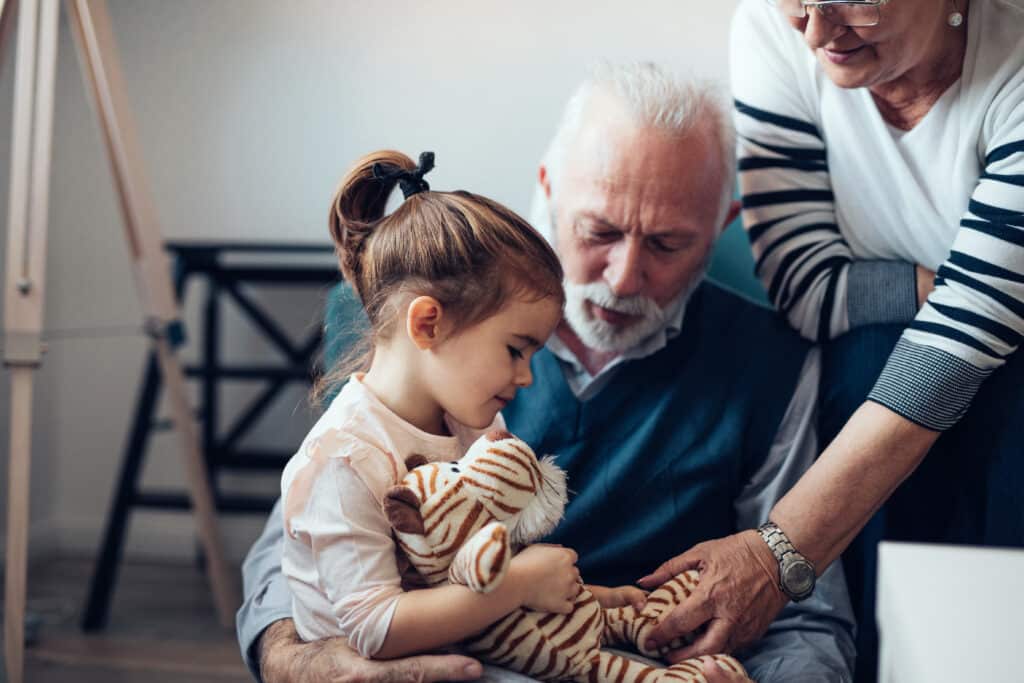One of the most heart-wrenching yet rewarding experiences for a family is to place their child in foster care or kinship placement. This decision can be difficult because children placed with relatives are more likely to have a successful, long-term placement than those placed with strangers.
Many families still need help and guidance when making this important decision about their children’s future. To answer some questions you may have about placing your child into kinship care services, see the answers below.

What Does Kinship Placement Mean?
Kinship Placement means placing your child with close relatives rather than an unrelated caregiver. The term “kinship care” is for situations where the relative caregiver has not completed a child development course, such as in-home parent training or CPR/first aid.
Generally, the kinship relationship must be at least one generation removed from a parent-child relationship or current adult foster child placement for them to care for another relative’s children.
Why Kinship Care?
Children have an easier time adjusting to having a caregiver if someone related to them cares for them. Family members tend to be more accepting of quirks or behaviors children may exhibit, making the adjustment process less stressful for everyone involved.
A bonus is that there are often already established routines and traditions within the family unit. Your child will move into the new environment with a little more confidence.
Parents who place their children in Kinship Day Care are likely to be more involved in their child’s life. It will decrease abandonment for children, which can happen in other forms of foster care or adoption.
What Could Go Wrong?
Lack of Support
Whether it’s from friends, neighbors, or community services, you should know that placing your child with an unrelated caregiver can be harder than if you were to put them with someone related.
It takes time to develop a relationship with the relative caregiver, and your child may be resistant to their new surroundings at first. You should have as much support around you as possible to help your child feel secure in the placement.
Relatives Are Human
Sometimes kinship caregivers want to help but don’t know how or aren’t ready for the responsibility. You can advocate for your child and try to find a situation that is better suited for your family.
Other Children
Kinship Day Care generally means having at least one other person in the home providing care for the children. It is an added responsibility because you will have to share your resources with another person and their family.
Other Adult Caregivers
The other adult kinship caregivers can be an essential part of kinship care placement success. A good caregiver looks for positive support when looking into kinship care, such as open communication between you and the other caregiver and having a sense of trust in them.
Being honest and vulnerable about your family situation can help you find peace knowing where your son or daughter is living. If you decide that kinship care is right for you, contact us for further guidance.

